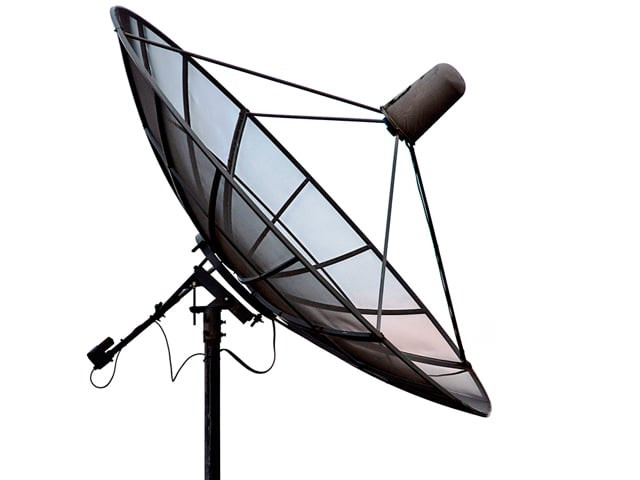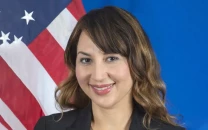Senate panel to probe telecom overcharging
IT committee to meet on 25th to discuss losses caused to consumers

It is not only Jazz that has massively overcharged consumers, other telecom service providers have also pocketed billions and the matter has now landed in a Senate panel for investigation.
The Senate Standing Committee on Information Technology and Telecommunication has called an urgent meeting on August 25 to probe the issue. Earlier, it was reported that Jazz had overcharged its consumers Rs6.8 billion. The Auditor General of Pakistan has also pointed out irregular practices by Zong and Pakistan Telecommunication Company Limited (PTCL).
According to the audit findings, the national exchequer suffered a loss of Rs18 billion due to the alleged illegal use of additional radio frequency spectrum by Zong. The Frequency Allocation Board (FAB) had allocated a temporary compensatory frequency to China Mobile Pakistan Ltd (Zong) during its 30th board meeting on September 8, 2007 to address cross-border interference from Indian CDMA networks that disrupted Zong services in Punjab and Sindh border areas.
Initially granted for one year, the allocation was extended for three years and later until the expiry of the 2G (GSM) licence in October 2019, as decided in the FAB's 42nd board meeting on February 9, 2016 and conveyed to the company on March 11, 2016. The audit scrutiny revealed that CM Pak continued to use the temporary compensatory spectrum after the expiry of its licence in October 2019. The monitoring reports issued by FAB in September 2024 confirmed that the company had been using this frequency for Long-term Evolution – LTE (4G) services since 2014, against its 2G licence terms and in areas beyond the designated border regions.
On December 14, 2020, the PTA issued an enforcement order, directing the operator to vacate the frequency spectrum and pay for its use at the rate of $29.5 million per megahertz (MHz), as fixed in the government's policy directive of May 9, 2019 for the period after the expiry of the licence. Based on this calculation, Rs18,042 million was recoverable for the period from October 2019 to October 2024.
The audit maintained that the use of spectrum beyond licence expiry caused financial losses to the national exchequer. The matter was reported to the management in October-November 2024.
The company management responded that CM Pak had challenged the Islamabad High Court's decision in the Supreme Court. Subsequently, the company signed a licence with the PTA on October 4, 2024 in compliance with the Supreme Court orders.
Although extensive negotiations were held to resolve the issue, no consensus was achieved.
The audit also noted that the PTA failed to recover Rs40 million in annual regulatory dues from telecom operators. PTCL alone owes Rs37 million. The non-recovery reflects weak receivables management.
Separately, the CEO of Universal Service Fund (USF), which operates under the Ministry of IT and Telecom, signed a service subsidy agreement with PTCL on June 25, 2009 under the Balochistan Package-2 with a completion period of 16 months that expired on October 24, 2010. USF granted three extensions due to force majeure, with the final implementation date set as January 23, 2012. PTCL eventually offered the fourth and final milestone on January 30, 2020, which was accepted by the USF. Consequently, the project was delayed by 2,929 days. The audit observed that the USF, via its letter dated September 22, 2023, directed PTCL to deposit Rs624.804 million on account of liquidated damages and de-scoping by September 26, 2023. PTCL did not deposit the amount and went into litigation.
In addition, the USF entered into a Rs43.207 million agreement with PTCL to connect two union councils/towns of Baleli in Quetta district, covering an un-served population of 28,658. The audit contended that the project was awarded without adequate planning























COMMENTS
Comments are moderated and generally will be posted if they are on-topic and not abusive.
For more information, please see our Comments FAQ